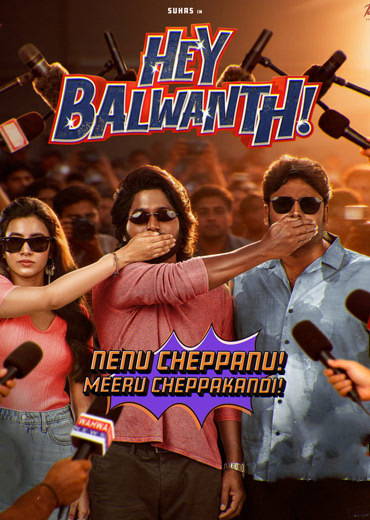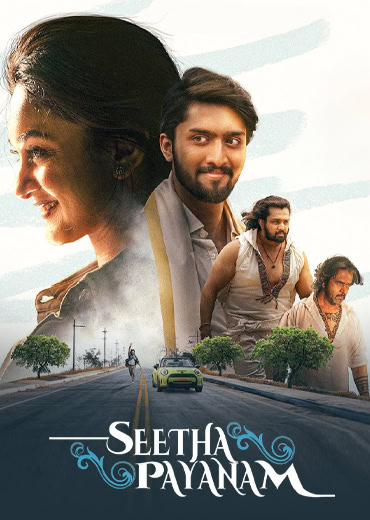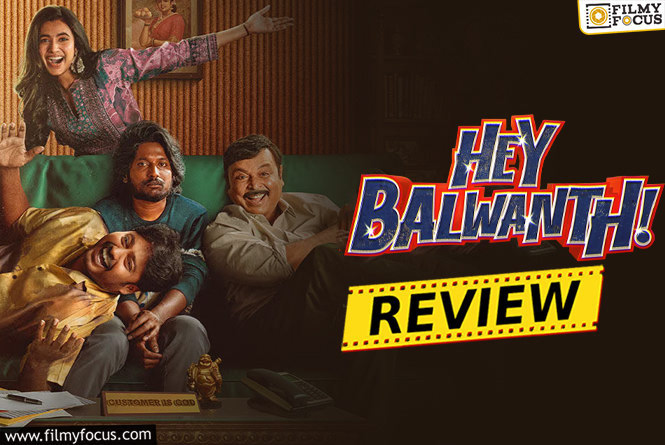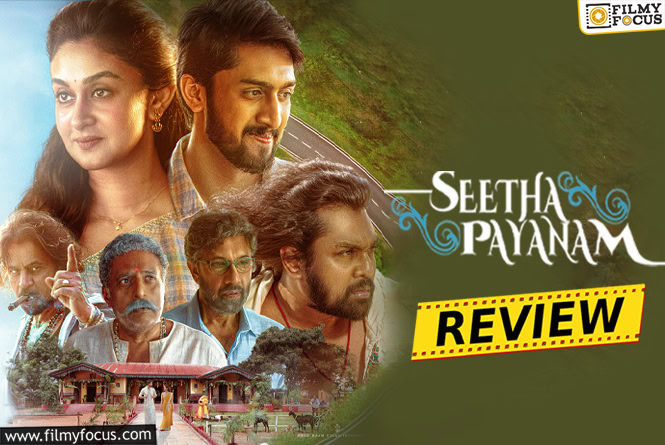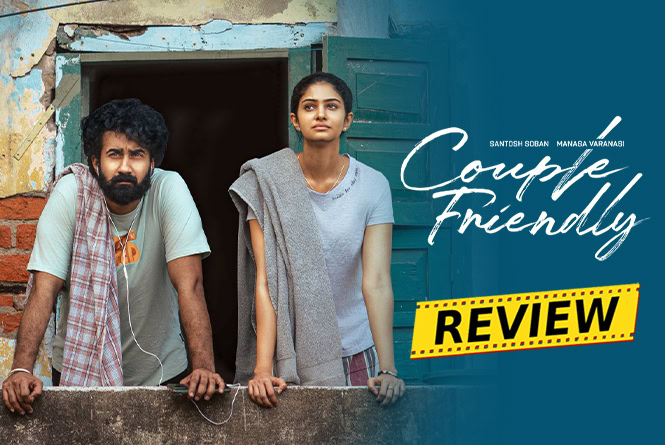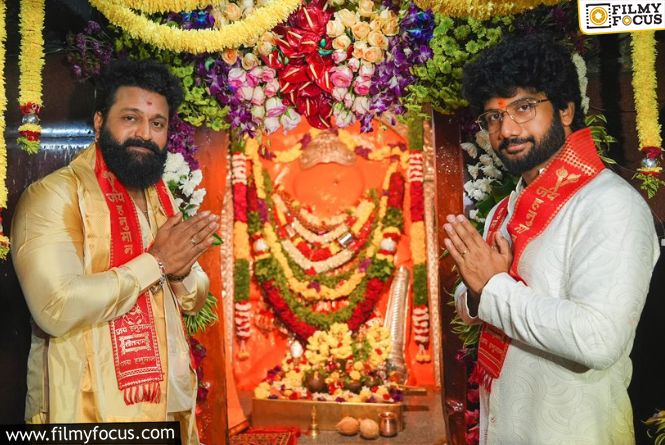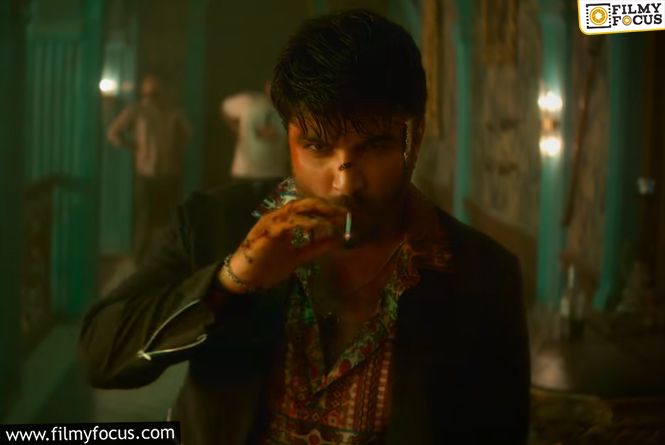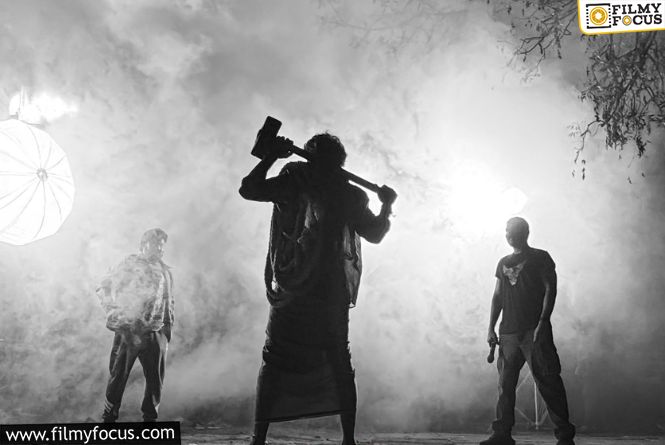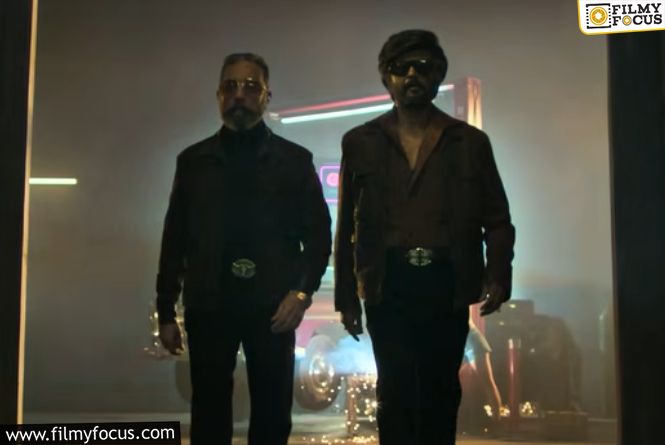UI Movie Review & Rating.!

Cast & Crew
- Upendra (Hero)
- Reeshma Nanaiah (Heroine)
- Sunny Leone,Sadhu Kokila,Jisshu Sengupta,Murali Sharma, Achyuth Kumar (Cast)
- Upendra (Director)
- G. Manoharan , Sreekanth K. P. , Bhaumik Gondaliya (Producer)
- B. Ajaneesh Loknath (Music)
- H. C. Venugopal (Cinematography)
- Release Date : December 20, 2024
- Lahari Films, Venus Enterrtainers (Banner)
UI marks the return of cult filmmaker Upendra after almost nine years. The teaser itself showcased Upendra’s unique style. The film, a futuristic political satire, was released today. But has the audience been able to understand this complex Upendra creation? What’s the essence of the film? Let’s find out.
UI Movie Review

Story: The audience begins behaving erratically after watching a movie released in theaters. While some people take to the streets demanding a ban on the film certified by the censor board with a “UI (Universal Intelligence)” certificate after 25 revisions—others feel liberated and find clarity about life after watching it. Kiran Adarsh (Murali Sharma), India’s top film critic, takes an entire week to write a review for a 101-minute film, even after watching it four times. He embarks on a journey to uncover how the original director, Upendra (played by Upendra himself), made this mind-bending movie. What does Kiran Adarsh learn during his quest? What’s hidden in UI? Why is the audience reacting so intensely? To uncover these answers, you need to watch UI.
Performances: It’s difficult to single out any actor’s performance as superior or lacking because each character represents diverse facets of society. For instance, the heroine embodies the Gen Z mindset, indecisive and struggling to cope with challenges. Ravi Shankar’s character mirrors societal structures. Upendra portrays two contrasting personas: one representing his vision of an ideal society and the other reflecting the current state of affairs. Through these characters, Upendra delivers a stark reality check to the audience.
Technical Aspects: The art department and production design deserve special mention. The way such high-quality artwork and CG were achieved on a modest budget is commendable, setting a benchmark for future filmmakers. Ajaneesh Loknath faced a challenging task as the music director. While the songs are already unique, the background score elevates the experience, cleverly complementing Upendra’s satire. Though it may seem absurd at times, the music’s true value emerges as it accentuates the film’s sarcastic commentary on society. The cinematography is intricate and ambitious. The way sequences are framed and executed—especially those involving Upendra—will likely be a topic of discussion for years to come.
Analysis: UI is not just a movie it’s a wake-up call. While some films entertain and others provoke thought, this one delivers a reality check, urging viewers to reflect on their current circumstances and take action. Not everyone will enjoy UI, but fans of Upendra’s distinctive style will find it deeply satisfying. The film spares no political party, delivering biting commentary that is sure to spark controversy.
As a director, Upendra refrains from delivering a direct message but instead issues a warning: this is the future if things don’t change. He exposes how politicians deceive people with schemes, how cricket distracts the masses, how shows like Bigg Boss waste valuable time, and how technology and progress harm the environment while failing to meet even basic human needs.
The film’s final punchline, implicating entertainment, pornography, and politics as the ruling forces over society, is a standout moment. Upendra’s thought-provoking commentary and bold approach deserve applause.
Verdict: UI is not just a movie it’s a wake-up call. While some films entertain and others provoke thought, this one delivers a reality check, urging viewers to reflect on their current circumstances and take action.
Bottom Line: Has its moments
Rating: 2.5/5



